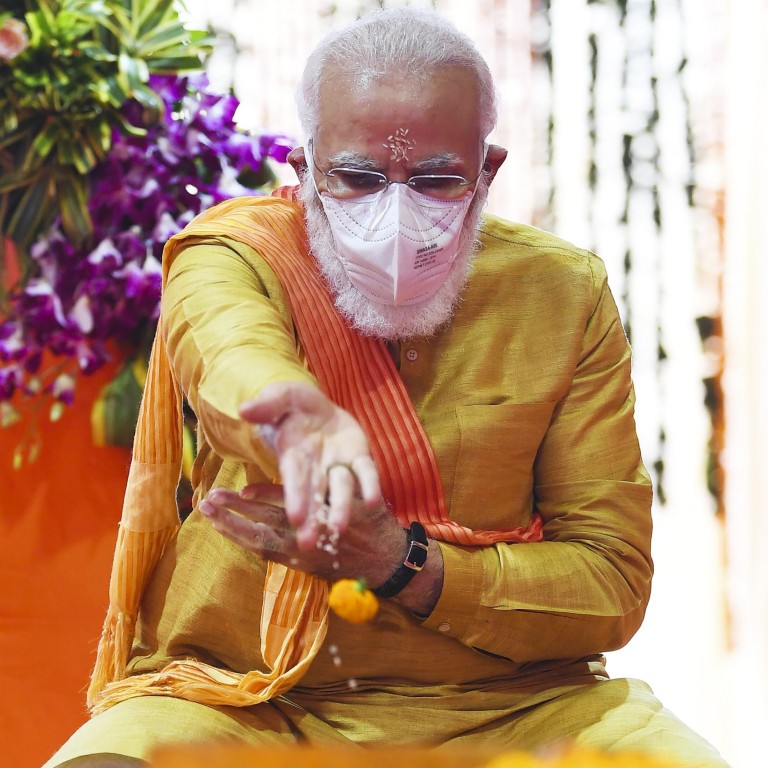
Who’s playing the Taiwan card in India-China tensions, Modi or the RSS?
- Members of expatriate Indian Hindu nationalist groups are unofficially calling for greater engagement with Taipei – something likely to anger Beijing
- While the calls mirror a hardening of New Delhi’s stance, it is unclear how much weight they carry with PM Modi – and for him, that’s very convenient
‘Product of China’: India snubs China-educated doctors even amid Covid-19

03:08
India bans dozens of Chinese apps, including TikTok and WeChat, after deadly border clash
China hawks, from retired diplomats to analysts, have called on Modi’s administration to go further, by getting closer to Taiwan as a diplomatic foil, and some have even called for India to change its position on the one-China policy, a diplomatic understanding that Taiwan and mainland China are part of the same sovereign nation. While most analysts see such calls as being too extreme to be taken up – given that Beijing views acceptance of the policy as a prerequisite for diplomatic ties – that such an idea is gaining currency among Modi’s power base is likely to be viewed with alarm in Beijing.
India-China border: is peace really on the horizon?
The groups’ members and office bearers are mostly from the trading communities whose families come from the northern and western states of Rajasthan, Gujarat and Maharashtra. VHP Taiwan, for example, is headed by BJP member Nari Phulwani, a businessman originally from Rajasthan.
According to the VHP, its aim in Taiwan is solely to promote Hindu ideology and culture. It organises Hindi-language and yoga classes and celebrates festivals centred around Sanatan dharma, a version of the religion espoused by right-wing Hindu nationalist groups in an attempt to homogenise the Hindu identity.
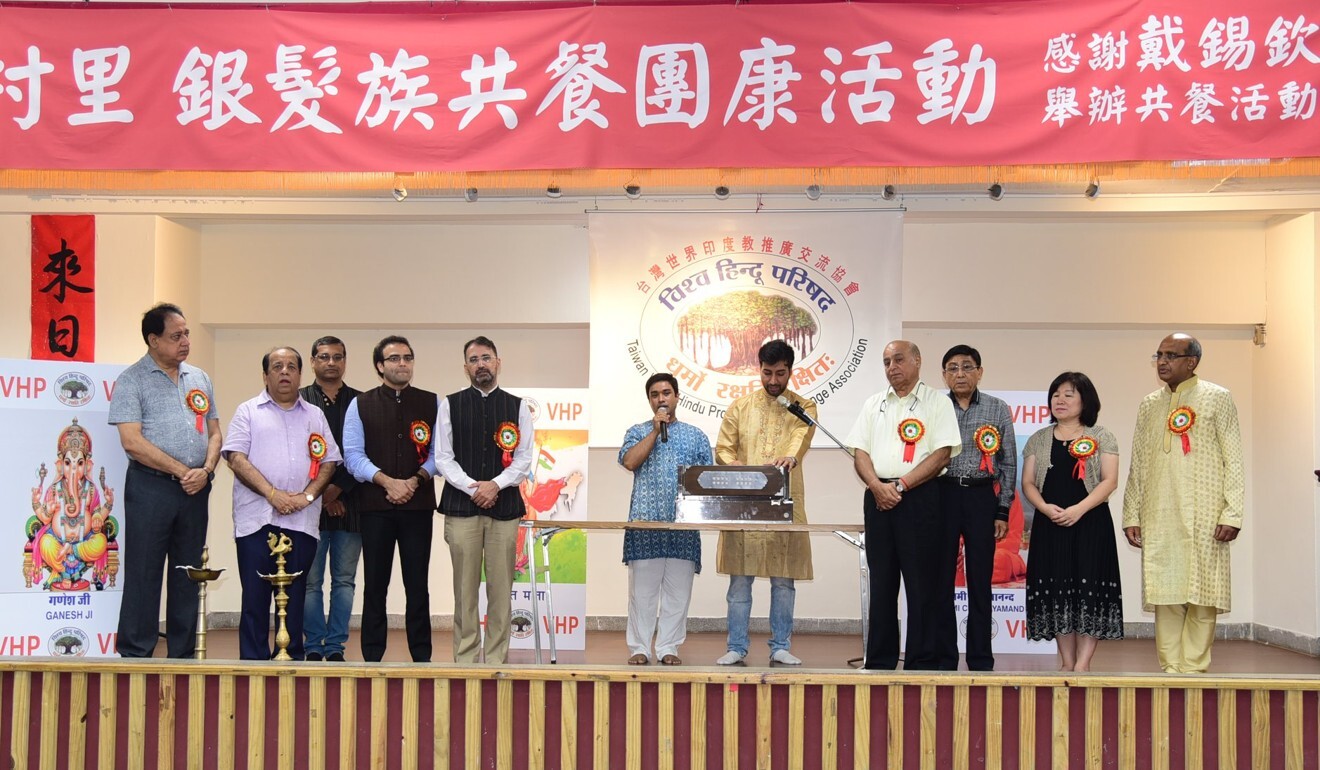
BEYOND RELIGION, INTO POLITICS
However, increasingly the VHP and other groups have shown signs of expanding their influence into more overtly political matters.
In this vein some members, citing personal and economic reasons, are now indirectly calling for New Delhi to alter its position on the one-China policy and foster formal ties recognising Taiwan as a sovereign state.
Their stated motivations for suggesting the move are diverse – ranging from wanting more recognition for their place of residence to arguing that the one-China policy interferes with their efforts to promote Hindu culture. “Our work would be much easier if there was official recognition of Taiwan,” said Shiv Kumar Nebhwani, a VHP Taiwan committee member. “We want diplomatic relations, as both India and Taiwan are democratic countries and can help each other. Taiwan is strong in hardware technology, India has advanced software.”
New Tibetan front in India-China stand-off as five Indians ‘abducted’
Such a suggestion is unlikely to go down well in Beijing, which fiercely opposes all references to Taiwan as a “country”. While the island has been self-governing since Chiang Kai-shek’s Kuomintang government fled there at the end of the Chinese civil war in 1949, Beijing views Taiwan as a renegade province to be reunited with the mainland, by force if necessary.
“India’s weakness is that it has taken its relationship with Taiwan lightly and comes too much under Chinese pressure. We need to look after our interests. We have sent the message to VHP in Delhi to pressure the government to extend the scope of cooperation,” he added.
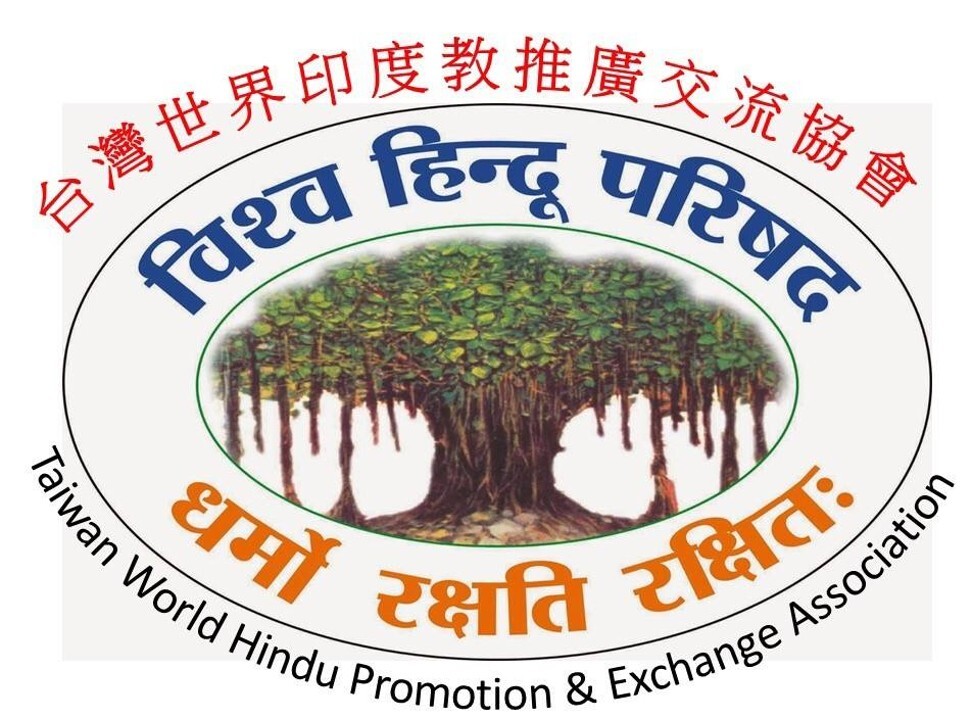
Other VHP officials in Taiwan said the one-China policy prevented them from promoting India’s national interests, hoisting the Indian flag in public or inviting BJP ministers for functions.
Another VHP Taiwan member, geoscientist Vivek Walia, said Taiwan’s advances in earth sciences, technology and research could vastly benefit India in controlling and predicting natural calamities like floods and earthquakes. He said the lack of formal relations restricted collaborations between universities and ministry-level agreements.
A MIRROR IMAGE
In the past, India has paid heed to Beijing’s sensibilities – it labelled a 2017 visit by Taiwanese women parliamentarians as “informal” after Beijing asked New Delhi to be more “prudent”, and forced Air India to relabel Taiwan as Chinese Taipei in its flight display in 2018.
But more recently, New Delhi has leaned in the opposite direction. In May, following fighting between Indian and Chinese troops on the Ladakh border, Indian officials attended US-organised meetings to support Taiwan’s admission to the World Health Organisation as an observer state, something fiercely opposed by Beijing.
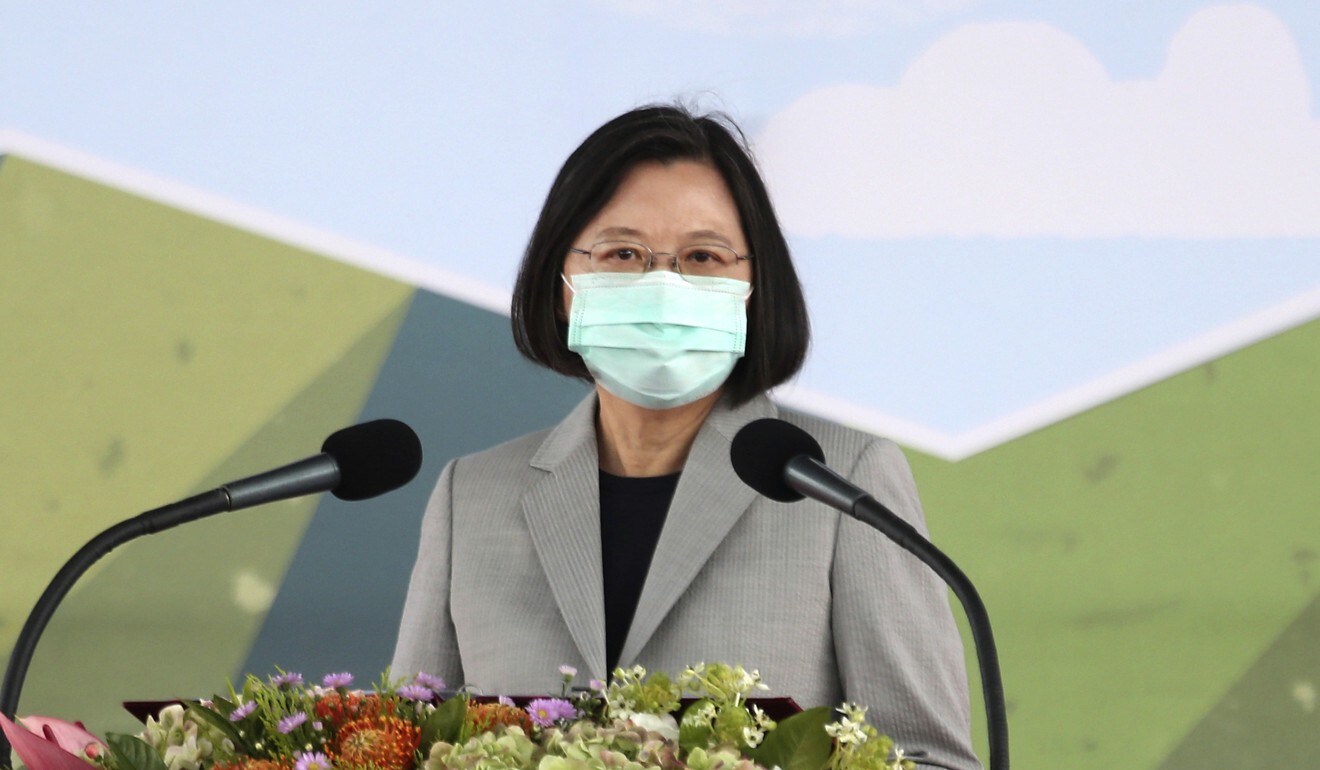
In July, India further raised eyebrows by naming an ambassador-level diplomat as the head of the India-Taiwan Association, a semi-formal representative body in Taipei.
Sceptics question whether the VHP’s stance on the one-China policy is a convenient way for the BJP to put further pressure on Beijing, without having to take direct diplomatic responsibility for its views; New Delhi could always distance itself from the VHP by painting it as a religious, non-governmental group.
Historian Mriganka Mukhopadhyay said the government might not rely on Hindu groups to influence foreign-policy issues, “but they will probably try to influence public opinion in favour of Hindi-Hindu nationalism among the Indian diaspora in East Asia using India-China relations as an excuse”.
The groups had a “soft power” use in promoting cultural nationalism in the name of furthering Indian culture, he added.
Since the Modi government came to power in 2014, concerns over the political neutrality of all the Sangh Parivar groups have been growing, with India’s external affairs ministry facing criticism over visits by high-ranking diplomats to their events.
The political leanings of the groups become obvious during election time when, according to senior BJP leader Vijay Jolly, the entire Sangh family comes together to help Modi win.
“We all work together for Hindutva [Hindu ideology] and the BJP. The only difference being our agenda is political and [Hindu nationalist groups’ is] religious,” Jolly said.
US would love to help in China-India border dispute, Trump says
In the Indian diaspora in the US, influential Hindu cadre bases built around Sangh Parivar groups since the 1970s raised funds for the 2014 and 2019 elections that Modi won by landslides. They also organised campaign events for him in New York’s Madison Square garden and a “Howdy Modi” event in Texas.
Occasionally, the groups’ influence even spills into the domestic politics of their host country.
The Hindu diaspora in the East is less politically influential, yet still mirrors the BJP’s agenda. In Bangkok in January, OFBJP, HSS and VHP demonstrated in support of Modi’s new citizenship amendment act at a time when protests against the law – which has been criticised as discriminatory against Muslims – were spreading through India.
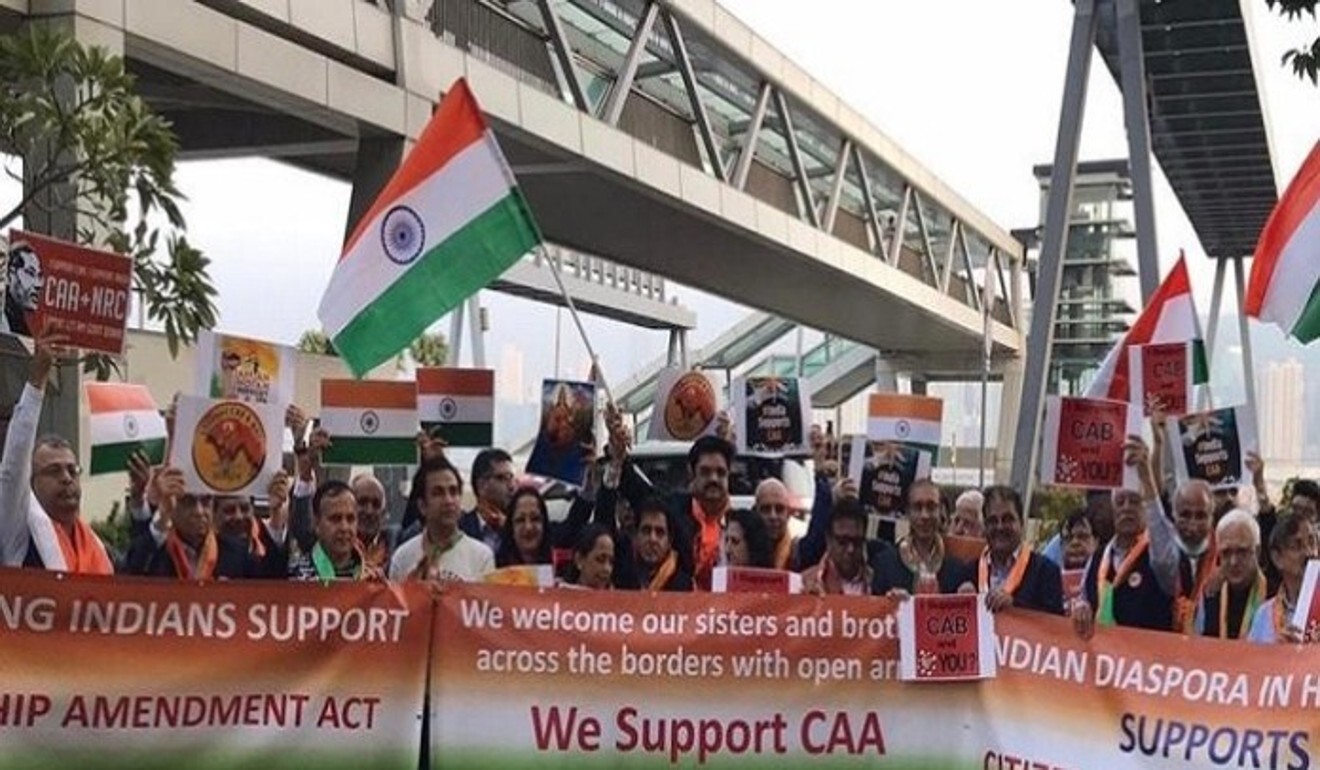
In this mirror image, it is not always clear whether it is the Sangh Parivar urging Modi to forge closer ties with Taiwan or whether the Sangh is cheerleading a policy Modi has himself chosen to pursue.
According to Jolly, the idea to foster closer ties between the BJP and Taiwan was all Modi’s.
Modi had been impressed with the potential for business and people-to-people contact since his days as party general secretary, Jolly said. Modi first visited Taiwan in 1999 and when he was chief minister in Gujarat, expanded the state’s ties with Taiwan and hosted and sent business delegations there. His love for Taiwan was such that opponents claimed Modi, a vegetarian, had even taken to importing Taiwanese mushrooms for his meals.
Covid-19, border backlash: stranded Indian expats’ China choice
“He personally tasked me with strengthening the BJP’s relations with Taipei and we have kept the party’s connection with Taiwan and its political leadership alive,” said Jolly, who ran the Overseas Friends of the BJP from 2012 to 2015 and claims to have expanded its chapters from two to 47 countries around the world.
Modi himself has not commented on the issue. Whether that is because he does not agree with the RSS’ stance on Taiwan or because it is more politically convenient to keep a distance is hard to know.
Kryzystof Iwanek, a scholar on Hindu nationalism who heads the Asia Research Centre at the War Studies University in Poland, noted that during the border dispute RSS mouthpieces had published numerous commentaries advocating stronger cultural, business and diplomatic ties with Taiwan but these calls had not been reflected in the government’s foreign policy, at least publicly.
Said Iwanek: “Taiwan as an issue is appearing more in the RSS discourse but not in the official statements. Maybe they don’t want to put India’s policymakers in trouble and leave the BJP government red-faced.” ■

